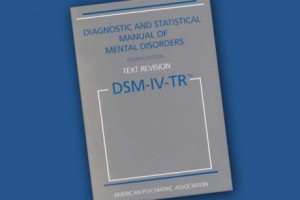
Huffington Post—Why Relationships May Soon Be Psychiatric Diseases
For some years now there has been a movement afoot in the mental health care field to include a diagnosis called “relational disorder” in the fifth edition of the American Psychiatric Association’s Diagnostic and Statistical Manual of Mental Disorders (DSM), due out in 2013.
DSM certification of RD could prove to be a cash cow for all of the professionals treating people from heartbroken marriages and feuding families. 800,000 U.S. couples a year visit offices for marital and family help. Do the math. Some people stand to make a lot of money.


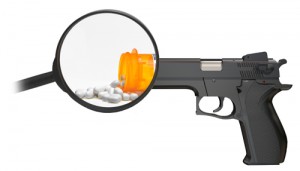
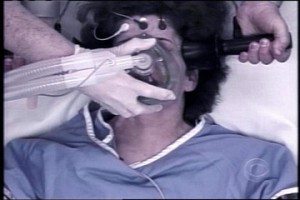
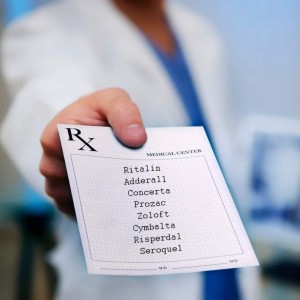
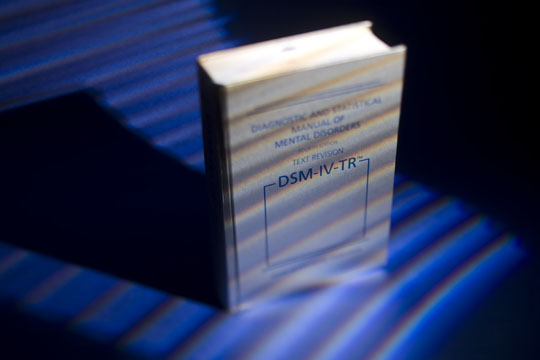
SHARE YOUR STORY/COMMENT: